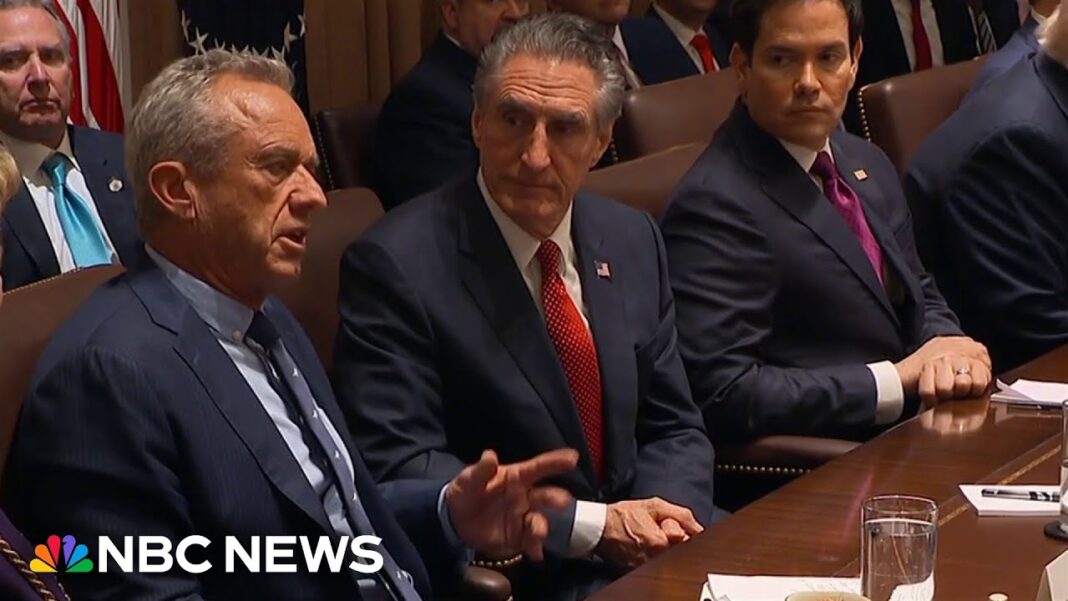The president also said 25 percent tariffs on Canada and Mexico will go into effect on March 4.
Proposed tariffs on China, Canada, and Mexico will go into effect on March 4, President Donald Trump has confirmed on social media platform Truth Social.
The president also announced an additional 10 percent levy on Chinese goods entering the country. This will be on top of the 10 percent levy imposed on China on Feb. 4.
Illicit drugs “are still pouring into our country from Mexico and Canada at very high and unacceptable levels,” Trump wrote on Feb. 27.
“We cannot allow this scourge [of illicit drugs] to continue to harm the USA, and therefore, until it stops, or is seriously limited, the proposed TARIFFS scheduled to go into effect on MARCH FOURTH will, indeed, go into effect, as scheduled,” the president wrote.
“China will likewise be charged an additional 10% Tariff on that date.”
Additionally, he confirmed that reciprocal tariffs “will remain in full force and effect” in April.
The United States imported $439 billion in goods from China last year, up from $427 billion in 2023. In recent years, China’s share of goods coming into the United States has tumbled, declining from 21.6 percent of total U.S. imports in 2018 to 13.4 percent in 2024.
The United States also imported $413 billion from Canada and more than $500 billion from Mexico in 2024.
Earlier this month, Canada and Mexico secured a 30-day pause on tariffs as U.S. neighbors pledged to bolster their border policies to help curb the flow of drugs and reduce the number of illegal immigrants entering the country.
“The fentanyl-related things, if they’re working hard on the border, at the end of that 30 days, they have to prove to the president that they’ve satisfied him to that regard,” Commerce Secretary Howard Lutnick said as the president hosted the first Cabinet meeting of his second term on Feb. 26.
Trump clarified that it was “going to be hard to satisfy.”
He also informed reporters that he is considering 25 percent tariffs on the European Union, focusing “on cars and all other things,” because the United States is mistreated in global trade.
By Andrew Moran






